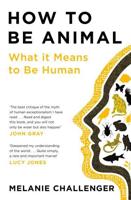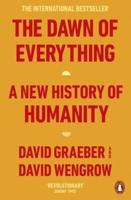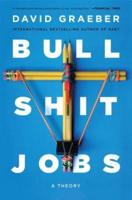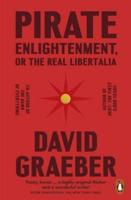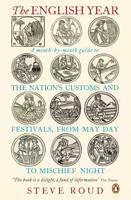Publisher's Synopsis
This classic study of the !Kung San, foragers of the Dobe area of the Kalahari Desert, described changes that have come, as recently as 1991, to the Kung rituals, beliefs, social control, marriage and kinship. It documents their emerging determination to take hold of their own destiny - despite exploitation of their habitat and relentless development - to assert their political rights and revitalize their communities. Use of the name Ju/'hoansi (meaning real people) achnowledges their new sense of empowerment. Features: * Substantiates observations with empirical evidence. * Combats anthropological myths about the Dobe Ju/'hoansi by presenting them as a people with much aplomb, a zest for living, but with human failings indicative of all people. New to this edition: * Documents the emerging political consciousness of the Dobe Ju/'hoansi, including the freeing of neighbouring Namibia Ju/'hoanse from South African rule, and the revitalization of aboriginal communities in North America, Australia, Russia and elsewhere. * Respects their new sense of empowerment by retitling this edition with their self-appellation, JU/'HOANSI rather than the name anthropologists assigned them, !K;UNG or SAN.


